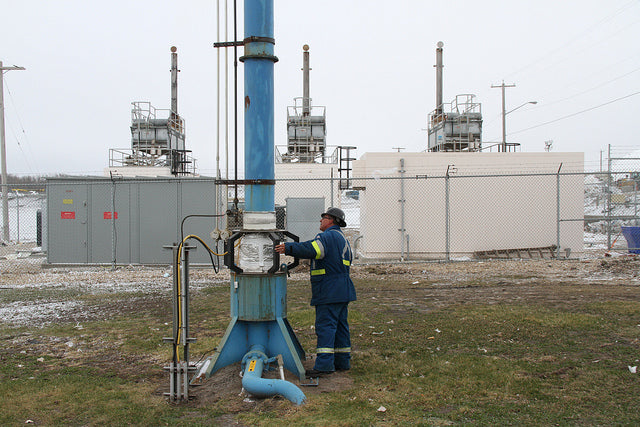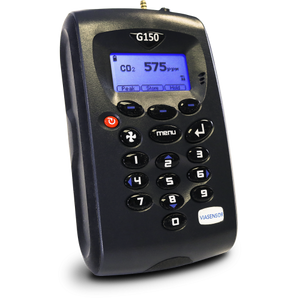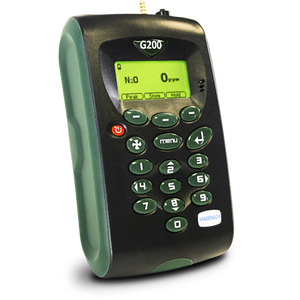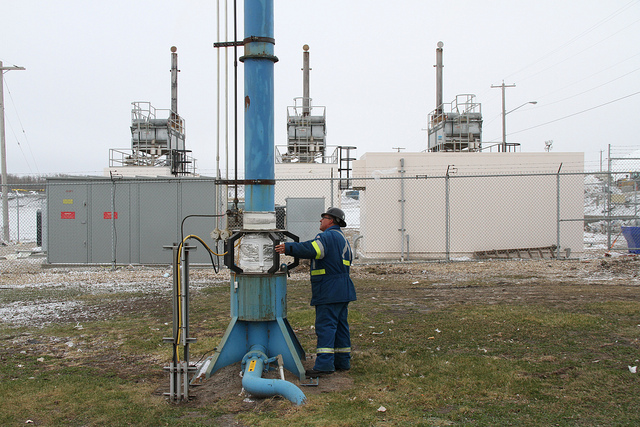
Landfill Gas Collection System Monitoring Procedures
To ensure that a landfill gas project complies with environmental, health and safety standards, regular monitoring of certain operational parameters of the landfill gas collection system needs to be conducted.This article outlines the standard procedures for monitoring a landfill gas collection system.
All data collected during the routine monitoring of an operational gas collection and control system needs to be recorded, including the following monitoring data:
- Gauge pressure, oxygen or nitrogen levels, together with the LFG temperatures recorded within individual wellheads;
- Surface methane concentrations;
- Gas flow rates to or past the controlling device — alternatively a record of monthly inspections of bypass line seals must be provided;
- Data reflecting that conditions are adequate for combustion by the controlling device, such as combustion temperature, and/or presence of a pilot- or flare flame;
- Any other monitoring data that may be required by the agent implementing the project.
In addition, monitoring records must reflect any incidences where any of the parameters of the control device being monitored, such as temperature, exceeds existing boundaries set for that parameter.
Should any of the monitoring readings for gauge pressure, oxygen or nitrogen concentrations, wellhead LFG temperature, or methane concentrations be higher than the established operational standards, the location of such a reading, together with its value needs to be recorded as such an event. Whenever this occurs, the reading from the previous monitoring period also needs to be recorded even if it too exceeded the operational standards.
Initial Performance Test of a Landfill Gas Collection System
Monitoring data collected from the initial performance testing conducted at the landfill gas collection and control system needs to be maintained by whoever is responsible for the landfill (i.e. the landfill operator or landfill owner) for the full life of the landfill control equipment.
In addition to the above, all data recorded during testing or routine monitoring need to be kept for a period of at least five years. This includes data such as expected maximum gas production flow rate and well density, horizontal collection devices, surface collection devices, or other LFG extraction devices.
The type of control device being used in the landfill gas collection system will determine what data measurements need to be recorded from the LFG controlling system during initial performance testing. When an enclosed combustion device is used, the combustion temperature needs to monitored with the average temperature recorded at 15 minute intervals (minimum), with the mean temperature over the duration of the performance test determined. A record must also be kept of the percentage of NMOC's the control device was capable of reducing. When a boiler or process heater that has a heat input capacity greater than 44 Megawatts is used, no temperature monitoring is required. However, it is necessary to describe the location at which LFG enters the boiler flame area for these records. For open flares it is necessary to keep a record of all pilot— or flare flame monitoring data, including all periods when a flame was absent.
Should any of the monitoring readings exceed the limit set during the most current performance test, the date and time that this occurred needs to be recorded.
Reference
Municipal Solid Waste Landfills, Volume 1: Summary of the Requirements for the New Source Performance Standards and Emission Guidelines for Municipal Solid Waste Landfills. (EPA-453R/96-004)
Image Credit: David Dodge, Green Energy Futures, Edmonton Waste Management Facility, via Flickr


